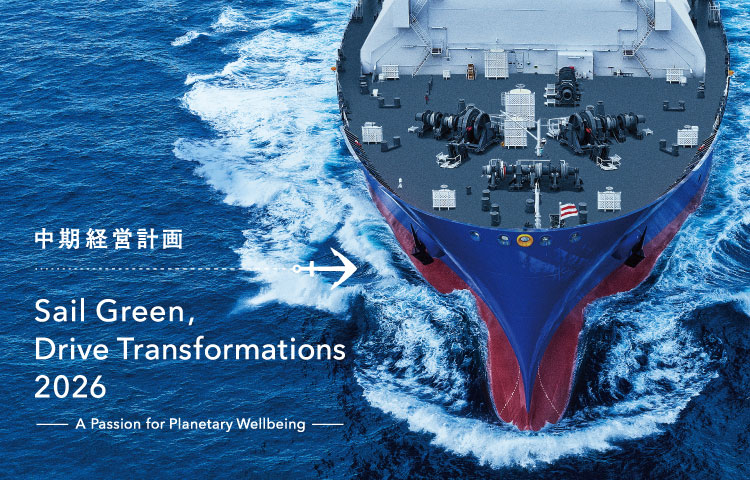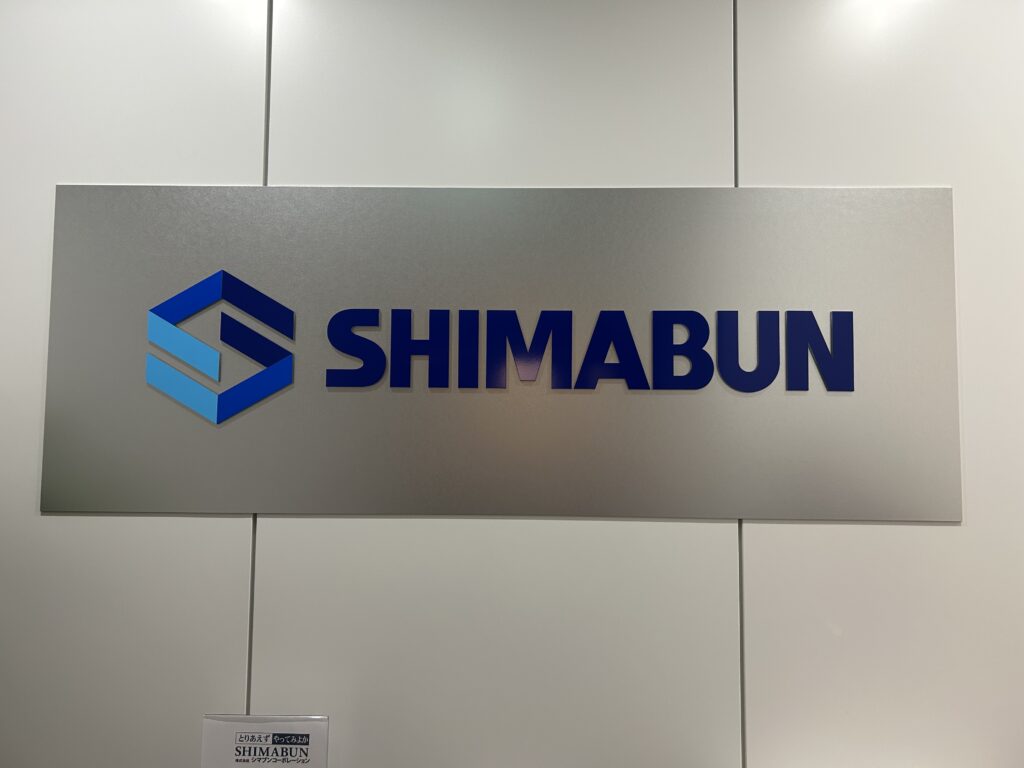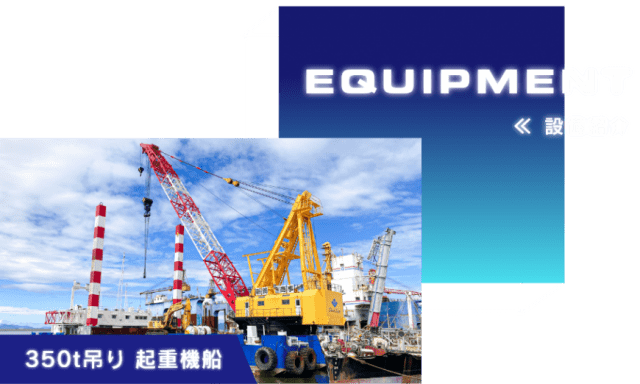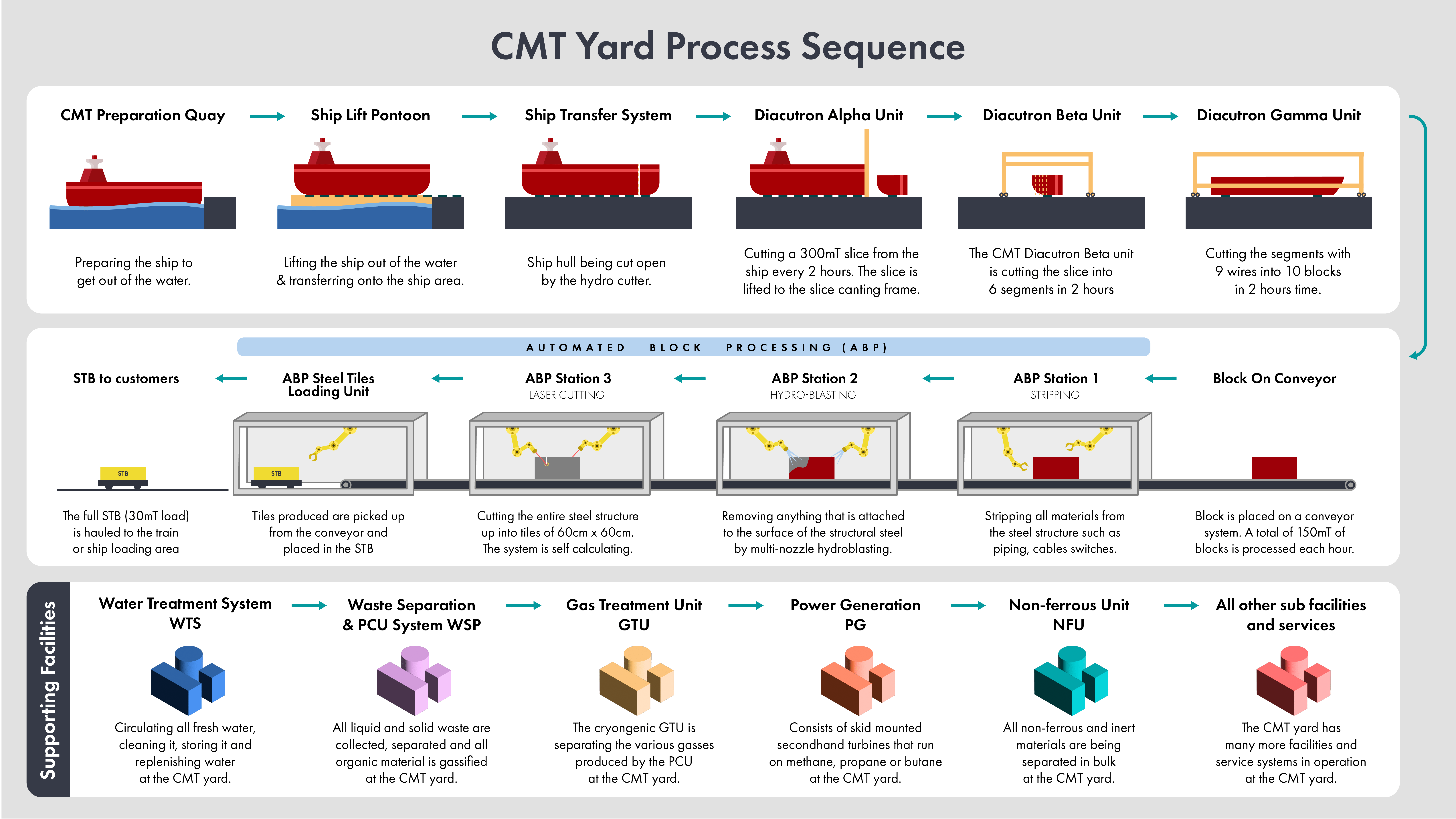Sojitz, a Japanese trading company, has invested in a Dutch startup that promises to revolutionize the next generation of shipbreaking technology.
Interest in the ship scrapping industry within Japan is growing. On September 18, 2024, NYK Line, a leading Japanese shipping company, announced that it had reached an agreement with Oono Development, a waste management company based in Matsuyama, to explore joint business opportunities in ship recycling. Additionally, on October 3, 2024, Shimabun Corporation, a major player in the domestic steel scrap industry based in Kobe, revealed its acquisition of all shares in Shinko Syoji, a leading shipbreaking company in Kumamoto Prefecture.
The involvement of prominent shipping companies and steel scrap businesses in the ship scrapping sector marks a significant step forward for Japan’s ship recycling efforts. The future of this industry will hinge on improving efficiency through automation, labor-saving measures, and the adoption of digital transformation (DX) technologies.
Particular attention is being paid to Sojitz, which has invested in a Dutch startup specializing in cutting-edge shipbreaking technology. There is growing anticipation regarding whether Japan will adopt European ship scrapping methods to enhance its own industry.
(Text by Hiro Yamamoto)
Photo courtesy of NYK Line, Oono Development, Sojitz, CMT, Jansen, Shimabun Corporation, Shinko Syoji

■Price Disparities Pose Challenges for Japan’s Ship Scrapping Industry
In August 2024, Sojitz announced a strategic partnership with Circular Maritime Technologies International (CMT), a Dutch startup developing next-generation ship dismantling technologies, and Jansen Recycling Group, a scrap metal recycling company. This three-way collaboration aims to automate, streamline, and accelerate ship dismantling processes. Sojitz is financially backing pilot projects for technology verification, with the three companies securing dismantling yards that meet stringent European environmental regulations. Their goal is to efficiently recover high-quality steel scrap, contributing to the steel industry’s transition towards low-carbon steel production via large electric furnaces.

Although Japan is one of the world’s leading ship-owning nations, significant hurdles remain for scaling up ship scrapping domestically. Key challenges include securing dismantling yards, labor, and managing costs. As of 2022, Japan’s merchant fleet, composed of vessels 2,000 gross tons or more, ranked third globally, with 2,196 ships, behind Greece and China.
Currently, most ships owned by Japanese shipping companies and shipowners are sold as operational secondhand vessels, or “live vessels,” to third parties, with many ending up dismantled in India or Bangladesh. These live vessels often sell for billions of yen, far exceeding their scrap value. In contrast, ships sold specifically for scrapping are priced based on their scrap value.

In India and Bangladesh, vessels that are no longer operable are sold for scrap. However, for Japan to secure vessels for domestic scrapping, it would need to purchase ships at prices comparable to those in India or Bangladesh. This presents a significant challenge, as higher labor and yard costs in Japan make it difficult to compete at those prices. A scrap industry insider noted, “At the same price as India or Bangladesh, it would be unprofitable for Japan.”

■Benefits of Automation
The Dutch startup, in which Sojitz has invested, has released a video showcasing a fully automated shipbreaking process, where ships are cut by machines with minimal human involvement. The video highlights how steel plates are processed almost entirely by automation.
The steel industry is working towards achieving carbon neutrality by 2050, with a significant shift planned for the 2030s. The industry aims to transition from traditional blast furnaces, which reduce iron ore with coal, to electric furnaces that use scrap metal as the primary raw material. This shift is expected to reduce CO2 emissions to about one-quarter of current levels. In this transition, the quality of steel scrap becomes crucial, as it directly affects the quality of the steel produced. Therefore, there is a growing need to secure a stable supply of high-quality steel scrap with minimal impurities, which can be obtained from the dismantling of ships made from premium-grade steel.

The technology developed by Circular Maritime Technologies International (CMT) is seen as a promising solution to address two major societal challenges: shipbreaking and the decarbonization of the steel industry. Supported by EU grants, CMT is advancing the development of technologies that can efficiently recover high-quality scrap that meets strict European environmental regulations, with low levels of impurities. The company aims to further develop automation, increase processing speed, and reduce human labor, ultimately creating a safe, sustainable, and competitive ship dismantling industry.

In Japan, the Ministry of Land, Infrastructure, Transport, and Tourism has requested ¥30 million in new funding for the 2025 budget to promote the “advancement of the ship recycling business.” While the current budget request is modest, it is expected to increase significantly as more specific projects and business operators are selected.
■Overview of CMT
– Circular Maritime Technologies International B.V.
– Founded: 2022
– Location: Kamerlingh Onnesweg 10c, 2991 XL Barendrecht, The Netherlands
– CEO: Frank G. Geerdink
– Core Business: Ship repair, maintenance, technical design, and consulting
■Overview of Jansen
– Jansen Recycling Group
– Founded: 2014
– Location: Koggehaven 3, 3133 LA Vlaardingen, The Netherlands
– CEO: Klaas Jansen
– Core Business: Recycling of ferrous and non-ferrous metals
〆日本の船舶スクラップ、DXと自動化が鍵
双日(Sojitz)が出資するオランダで次世代の船舶解体技術に期待感。
日本国内で船舶を解体する「船舶スクラップ」に注目が集まっている。
海運大手では日本郵船が2024年9月18日、産業廃棄物処理などを手掛けるオオノ開發(Oono Development、松山市)と船舶リサイクルの事業化に向けた共同検討で合意したと発表。鉄スクラップ国内大手のシマブンコーポレーション(Shimabun Corporation、神戸市)は2024年10月3日、船舶解体大手の新鋼商事(Shinko Syoji、熊本県)の全株式を取得したと発表した。
海運大手や鉄スクラップ企業の相次ぐ船舶スクラップ事業への参入は、今後の日本の船舶スクラップ事業にとって大きな前進だ。今後は、実際に船舶を解体する際の省力化、自動化、DX(デジタル・トランスフォーメーション)が鍵を握る。日本の総合商社双日は、オランダのスタートアップに出資しており、欧州の船舶スクラップ技術を日本が導入するかどうかにも注目が集まっている。
(Text by Hiro Yamamoto)
Photo courtesy= Sojitz、CMT、Jansen、Shimabun Corporation

■価格差が課題
双日は2024年8月、オランダで次世代の船舶解体技術を開発するスタートアップ企業であるサーキュラー・マリタイム・テクノロジーズ・インターナショナル(Circular Maritime Technologies International、CMT)と、鉄・非鉄金属のリサイクル事業者のヤンセン・リサイクル・グループ(Jansen Recycling Group)との3社間で、船舶解体の自動化・省人化・高速化に向けた新技術の共同開発に関する戦略的パートナー契約を締結したと発表した。
双日は技術検証を目的とした実証実験に対して資金を拠出する。3社は、欧州の厳しい環境規則に合致した解体ヤードを確保するとともに、高品質の鉄スクラップを効率的に回収することで、鉄鋼業界が移行を進める大型電炉による低炭素型の鉄鋼製品の生産に貢献することを目指す予定だ。
日本は世界有数の船舶保有国だが、今後、日本国内での船舶スクラップを本格化させるには、ヤードや労働力の確保、コストが課題になっている。
2022年時点で日本商船隊(日本の海運会社、船主の実質的な保有船、2000総トン以上)は2196隻と、世界首位のギリシャ、2位の中国に次いで3位に位置している。
現在、日本の海運会社や船主が保有する船舶の大半は、第三者に運航可能な「生き船売船」として売却され、その後、インドやバングラデシュで解体されている。
「生き船売船」は基本的に中古船として数億円から数十億円で売却可能である。一方、スクラップ用として船舶を処分する際には、スクラップ価格が基準となる。一般的に「生き船売船」の方がスクラップ価格より高く売却できる。

インドやバングラデシュでは、運航が不可能になった船舶がスクラップとして売却される。日本がスクラップ用に船舶を確保するためには、インドやバングラデシュと同等の価格でスクラップ用の船舶を購入する必要があるが、日本では人件費やヤードのコストが高いため、「インドやバングラデシュと同じ価格では採算が取れない」(スクラップ関係者)と指摘されている。
■自動化のメリット
双日が出資するオランダのスタートアップは、船舶を機械で切断し、自動化されたスクラップ工程を紹介する動画を公開している。そこでは労働者がほとんど介在せず、ほぼオートメーションで裁断し、鉄板を加工している様子が描かれている。
鉄鋼業界では2050年のカーボンニュートラル実現に向けて、鉄鋼生産の脱炭素化に取り組んでいる。その過程で、2030年代には従来の鉄鉱石を石炭還元する高炉法から、鉄スクラップなどを主原料とする電炉法へ移行し、CO2発生量を約4分の1に抑えることを目指している。
電炉法では、鉄スクラップの品質が鉄鋼製品の品質に直接大きな影響を及ぼすため、不純物の少ない高品質な鉄スクラップの安定調達が課題となっており、高品質な鋼材で建造される船舶を解体して得られるスクラップが活用できると考えられている。
CMTが開発する技術は、これらの船舶解体と鉄鋼業界が抱える二つの社会課題を解決する方法として期待されている。CMTはEUの助成を受け、厳格な欧州規則を満たしつつ、不純物が少ない高品質なスクラップを効率的に回収する技術開発を進めている。同社は将来的には、自動化や高速化とともに省人化を実現する技術を開発し、循環型で安全かつ競争力のある船舶解体事業を目指している。
日本では、国土交通省が2025年度予算案概算要求で「シップリサイクル事業の高度化による好循環の創出」に対し3000万円を新規要求している。現時点で予算額は少ないが、今後、具体的な事業者の選定が進めば、予算が大幅に増加することが予想されている。
【CMTの概要】
– Circular Maritime Technologies International B.V.
– 設立:2022年
– 所在地:Kamerlingh Onnesweg 10c 2991 XL Barendrecht, The Netherlands
– 代表者:Frank G. Geerdink
– 主な事業内容:船舶の修繕・保守、技術設計およびコンサルティング
【Jansenの概要】
– Jansen Recycling Group
– 設立:2014年
– 所在地:Koggehaven 3 3133 LA Vlaardingen, The Netherlands
– 代表者:Klaas Jansen
– 主な事業内容:鉄・非鉄金属のリサイクル事業
